Host Society Committee for FENS 2022 – French Neuroscience Society (Société des Neurosciences)
The French Neuroscience Society is delighted that the Federation of European Neuroscience Societies (FENS) is coming to Paris, France for the FENS Forum 2022, with the Société des Neurosciences as the Host Society.
The Host Society Committee (HSC) is responsible for delivering a number of activities at FENS 2022 including social events, public engagement, outreach, and opportunities for early career researchers including the Young Investigator Training Programme.
We look forward to welcoming you in Paris and hope you enjoy the events we have organised for FENS 2022!
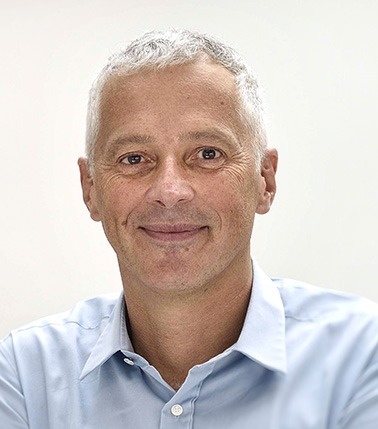
Alain Chédotal
HSC chairAlain Chédotal is Research Director at Inserm and leads a group at the Vision Institute, Sorbonne University, Paris. His research aims at understanding how cell-cell interactions are regulated by axon guidance molecules during normal development and in pathologies. He has developed novel molecular and imaging techniques (in particular tissue clearing and 3D light sheet microscopy) to study axon guidance and embryology.
Alain Chédotal
HSC chair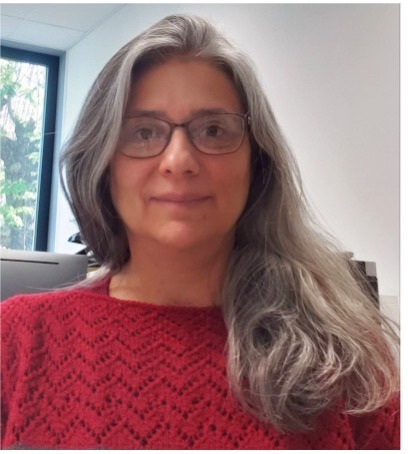
María Cecilia Angulo
HSC memberResearch Director at CNRS, María Cecilia Angulo leads a team on the role of neuron-oligodendrocyte interactions at the Institute of Psychiatry and Neuroscience of Paris (IPNP). Her team identified for the first time transient synapses between GABAergic interneurons and oligodendrocyte precursors during cortical development and has made important contributions in the field of neuronal activity-dependent (re)myelination.
María Cecilia Angulo
HSC member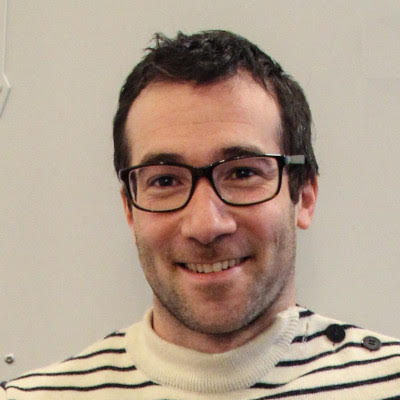
Brice Bathellier
HSC memberResearch Director at CNRS, Brice Bathellier leads the team “Auditory System Dynamics and multisensory processing” at the Hearing Institute in Paris. The team combines two-photon calcium imaging and high-density electrophysiology with behavior and theoretical modeling to understand the neural computations leading to auditory and multisensory perception.
Brice Bathellier
HSC member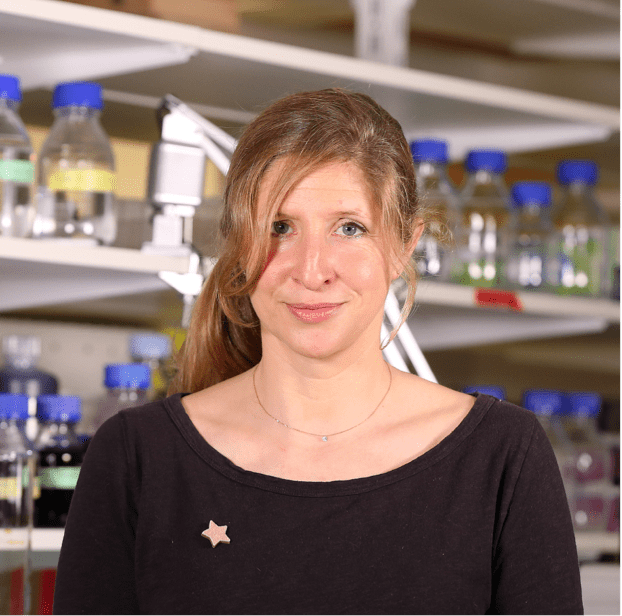
Stéphanie Baulac
HSC memberStéphanie Baulac is Research Director at Inserm and group leader at Institut du Cerveau (ICM). Her research interest is to unravel the molecular and cellular mechanisms underlying epilepsies with malformation of the cortical development, with a particular interest in brain mosaicism.
Stéphanie Baulac
HSC member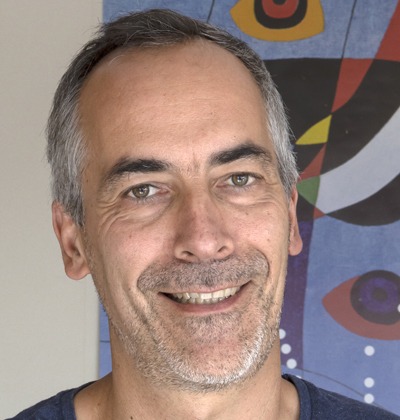
Gilles Bonvento
HSC memberGilles Bonvento is head of the Laboratory of Neurodegenerative Diseases located at MIRCen (Molecular Imaging Research Center), a pre-clinical imaging center that develops and evaluates innovative treatments for neurodegenerative diseases in rodents and primates. He is heading a team focused on cell-cell interactions (in particular neuron-glia metabolic interactions) in Alzheimer, Parkinson and Huntington’s Diseases.
Gilles Bonvento
HSC member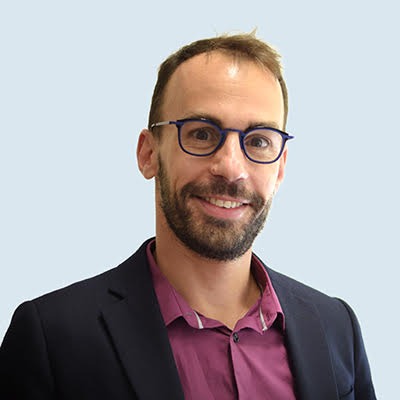
Julien Bouvier
HSC memberJulien Bouvier is a CNRS researcher and team leader at the Paris-Saclay Institute of Neuroscience. His research focuses on the neuronal basis of movements, and in particular aims at deciphering brainstem and spinal cord cell-types and circuits that support movement execution and coordination.
Julien Bouvier
HSC member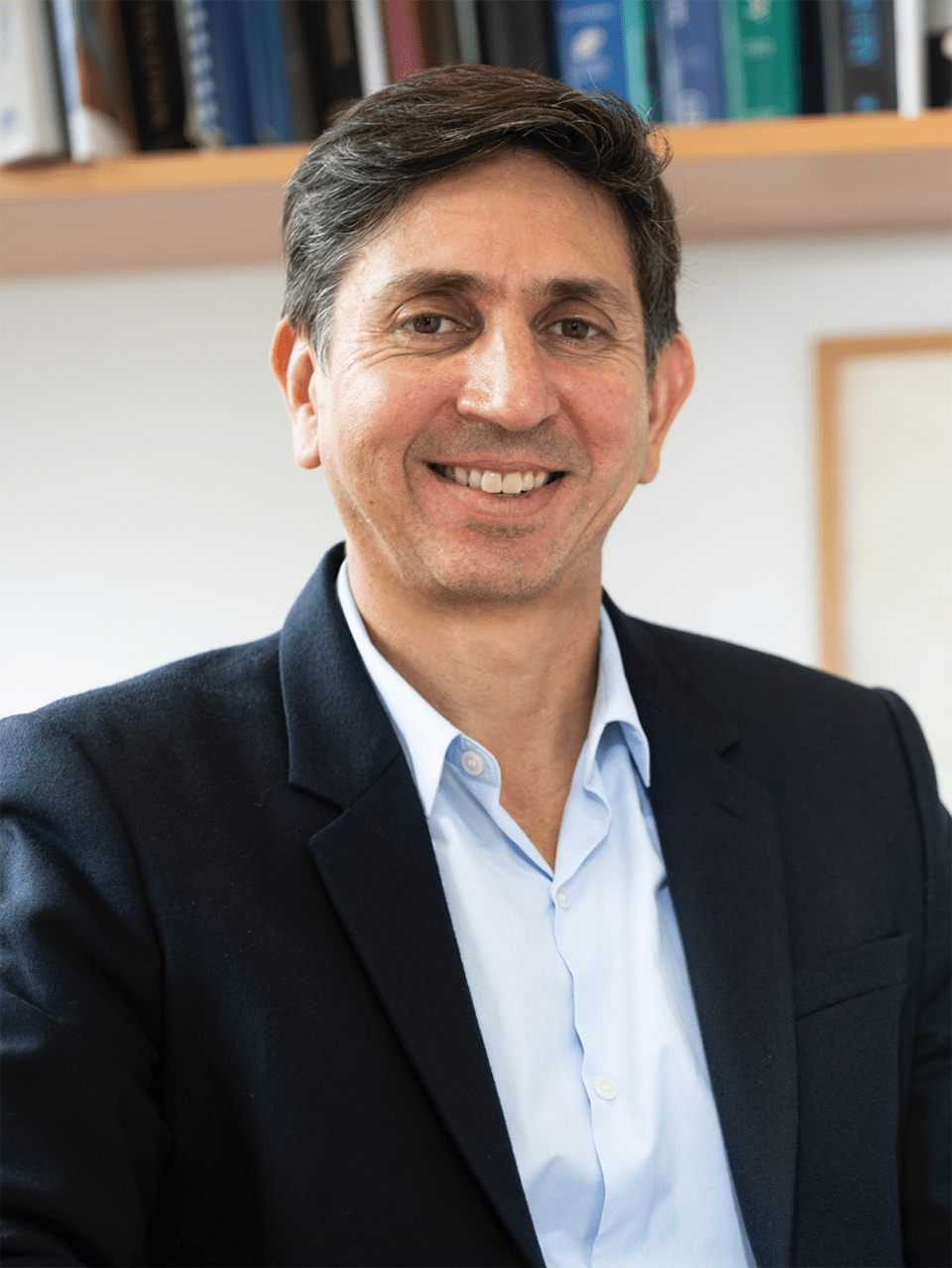
David DiGregorio
HSC memberDavid DiGregorio is Research Director at CNRS and head of a research unit and Department of Neuroscience at the Pasteur Institute. He studies how the diversity of synaptic transmission contributes to specific neural network dynamics underlying well-timed behaviors. His multidisciplinary approach using advanced electrophysiology and microscopy techniques addresses questions across scales: from nanoscale synaptic protein organization to complex neural circuit dynamics in whole brain.
David DiGregorio
HSC member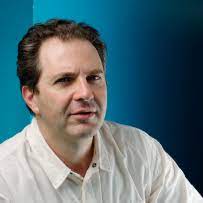
Thierry Galli
HSC memberThierry Galli is the Director of the Institute of Psychiatry and Neurosciences of Paris. His research focuses on the role of SNARE proteins and unconventional secretion in neuronal cell differentiation in healthy and diseased brain. He is member of the Faculty of 1000 and the Editorial Board of JBC and he is Associate Editor of Traffic.
Thierry Galli
HSC member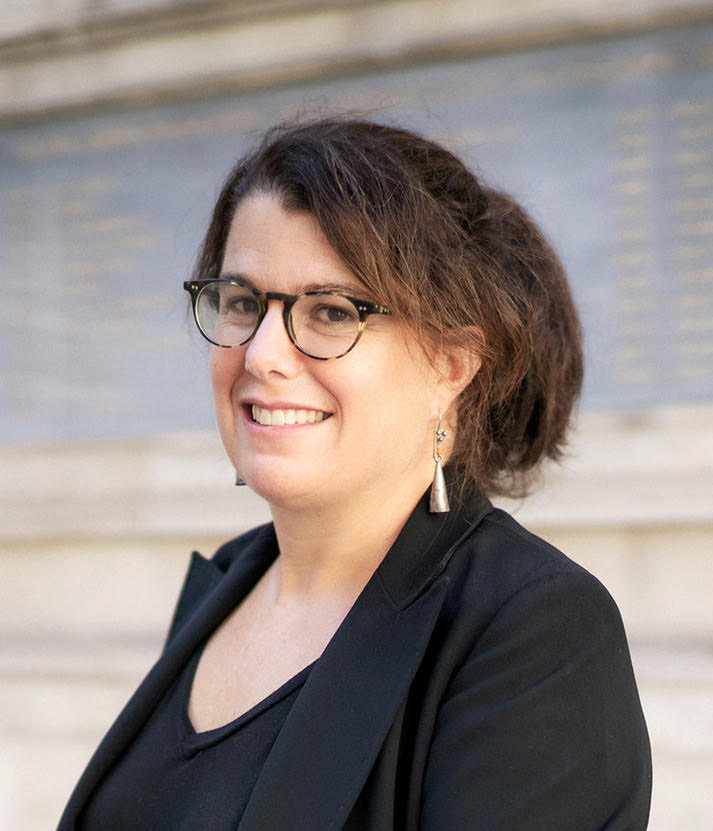
Sonia Garel
HSC memberSonia Garel heads a team at the Institute of Biology at the Ecole Normale Superieure (IBENS) and is a Professor at the College de France. Her research focuses on the mechanisms controlling the wiring of cortical circuits, with a particular interest on the roles of microglia, interactions with the immune system and environmental signals.
Sonia Garel
HSC member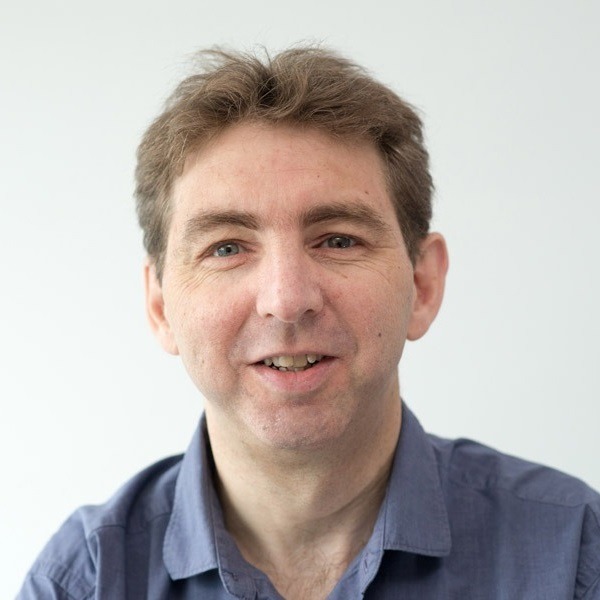
Pierre Paoletti
HSC memberPierre Paoletti, Research Director at Inserm, works on glutamate receptors and excitatory synapses. He authored >60 publications and received various awards including the FENS Young Investigator Award, the ‘Prix Lamonica de Neurologie’ and an ERC advanced grant. He is the current Director of the Institute of Biology of the Ecole Normale Supérieure (IBENS) in Paris.
Pierre Paoletti
HSC member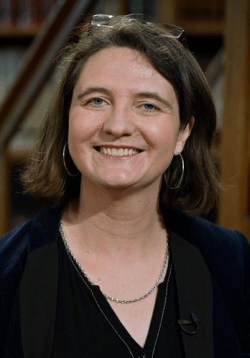
Laure Rondi-Reig
HSC memberLaure Rondi-Reig is a CNRS Research Director and an expert in Behavioral Neuroscience. She leads a team « Cerebellum, Navigation and Memory » at IBPS-NPS-Sorbonne University and her research focuses on the role of the cerebellum in cognitive functions. Using navigation paradigms, she developed behavioral biomarkers to characterize Memory alteration in mice models and in humans. She was awarded several prizes for her work in navigation and ageing and for her innovation in digital health.
Laure Rondi-Reig
HSC member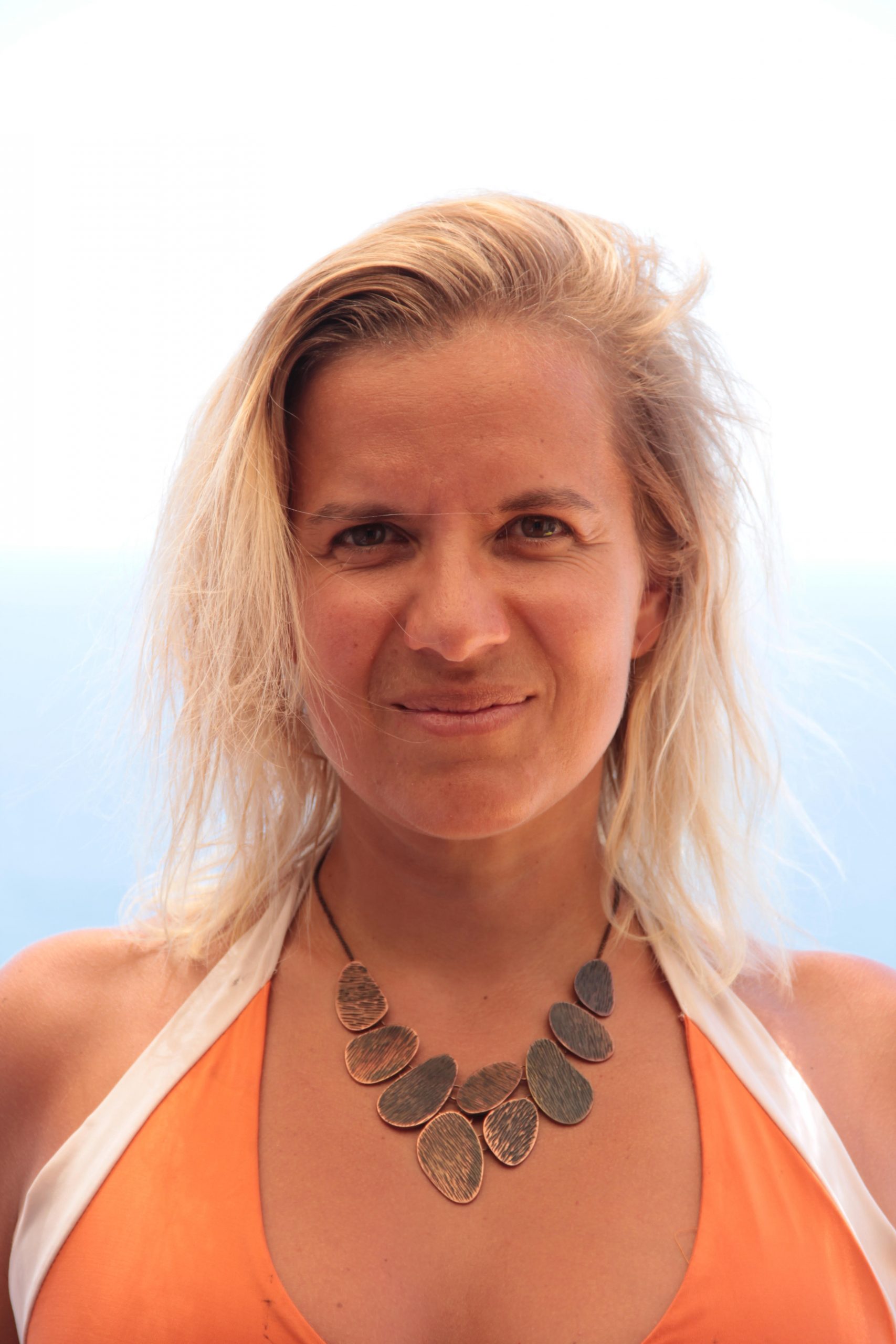
Claire Wyart
HSC memberClaire Wyart was trained in biophysics and neuroscience and developed in vivo optogenetics. Her team in the Paris Brain Institute combines genetics, biophysics, physiology & behavior to understand how sensory inputs impact development and locomotion. Her lab discovered that neurons contacting the cerebrospinal fluid sense spinal curvature to modulate locomotion, posture and morphogenesis.
Claire Wyart
HSC memberProgramme Committee
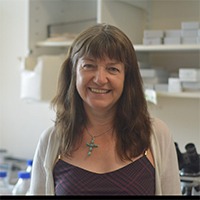
Angela Roberts
Programme Committee Chair, United KingdomAngela Roberts is a Professor of Behavioral Neuroscience at the University of Cambridge, United Kingdom.
In her research, she combines neural, pharmacological, cardiovascular, neuroimaging and genetic techniques to dissect out the role of distinct prefrontal circuits, and their modulation by the monoamines, in the regulation of threat and reward elicited responses, relevant to our understanding of symptoms of anxiety and anhedonia in neuropsychiatric and neurodevelopmental disorders.
Angela Roberts
Programme Committee Chair, United Kingdom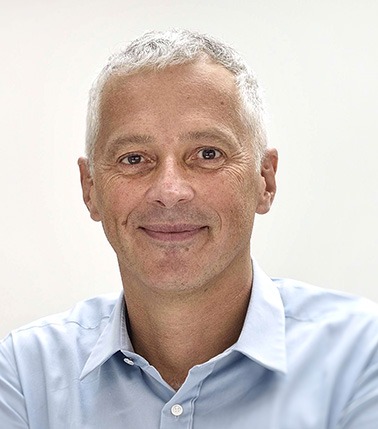
Alain Chédotal
Host Society Committee Chair, FranceAlain Chédotal is Research Director at Inserm and leads a group at the Vision Institute, Sorbonne University, Paris, France. His research aims at understanding how cell-cell interactions are regulated by axon guidance molecules during normal development and in pathologies. He has developed novel molecular and imaging techniques (in particular tissue clearing and 3D light sheet microscopy) to study axon guidance and embryology.
Alain Chédotal
Host Society Committee Chair, France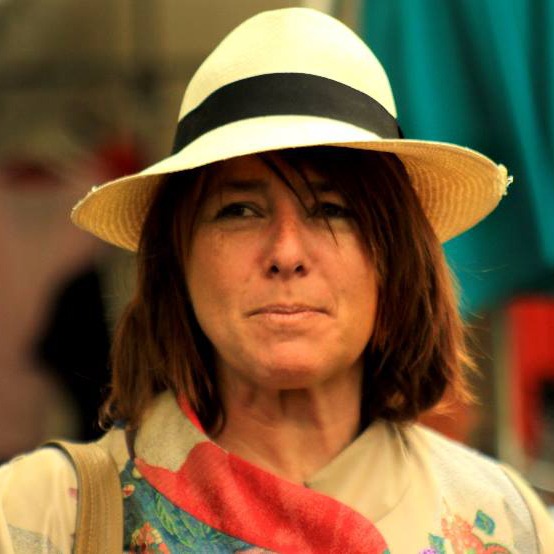
Christelle Baunez
Programme Committee member, FranceChristelle Baunez is Research Director at the CNRS, and is leading the team BAGAMORE (Basal Ganglia, Motivation and Reward) at the Institute of Neurosciences of Timone in Marseille, France. She has studied the role of Subthalamic nucleus (STN) in motivational processes, suggesting the STN as surgical target for the treatment of addiction. She is currently leading projects aiming at validating this hypothesis in a translational manner in rats, non-human primates and human subjects.
Christelle Baunez
Programme Committee member, France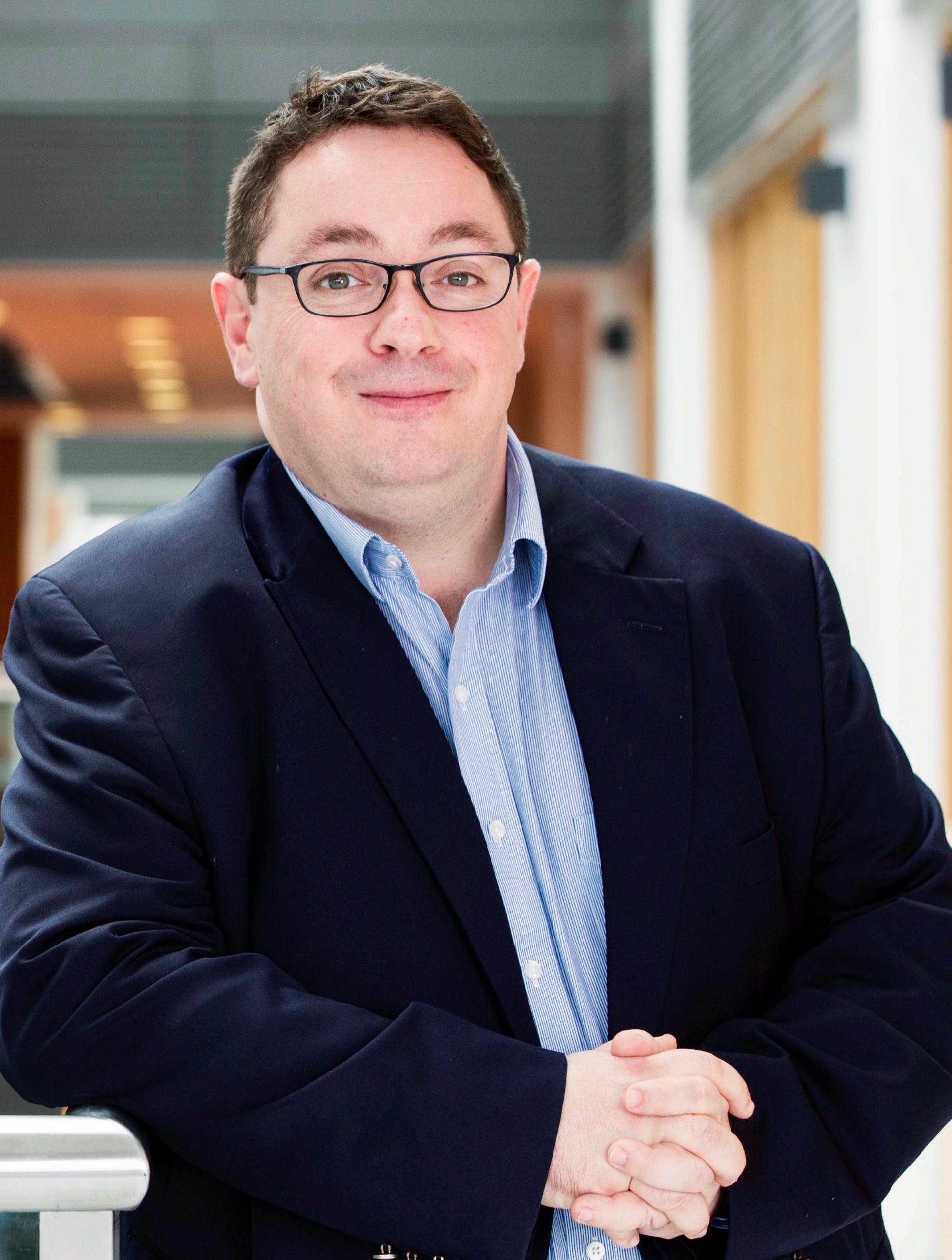
John Cryan
Programme Committee member, IrelandJohn F. Cryan is Professor & Chair, Dept. of Anatomy & Neuroscience, University College Cork, Ireland and is also a Principal Investigator at APC Microbiome Ireland. Prof. Cryan's current research is focused on understanding the interaction between brain, gut & microbiome and how it applies to stress, psychiatric and immune-related disorders at key time-windows across the lifespan. He is immediate Past-President of the European Behavioural Pharmacology Society.
John Cryan
Programme Committee member, Ireland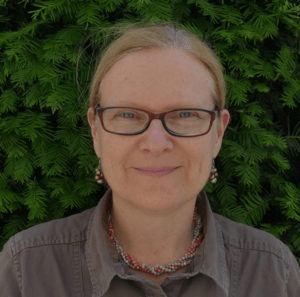
Fiona Francis
Programme Committee member, FranceFiona Francis is a CNRS Research Director and Director of the IFM in France. She co-leads a group ‘Cortical development and pathology’. Using various models, this group explores key mechanisms of neurodevelopment. Collaborating with clinicians and studying human gene mutations, they are interested in pathogenesis and physiopathology related to cortical malformations associated with epilepsy and intellectual disability, as well as more subtle cortical defects which give rise to autism spectrum disorder.
Fiona Francis
Programme Committee member, France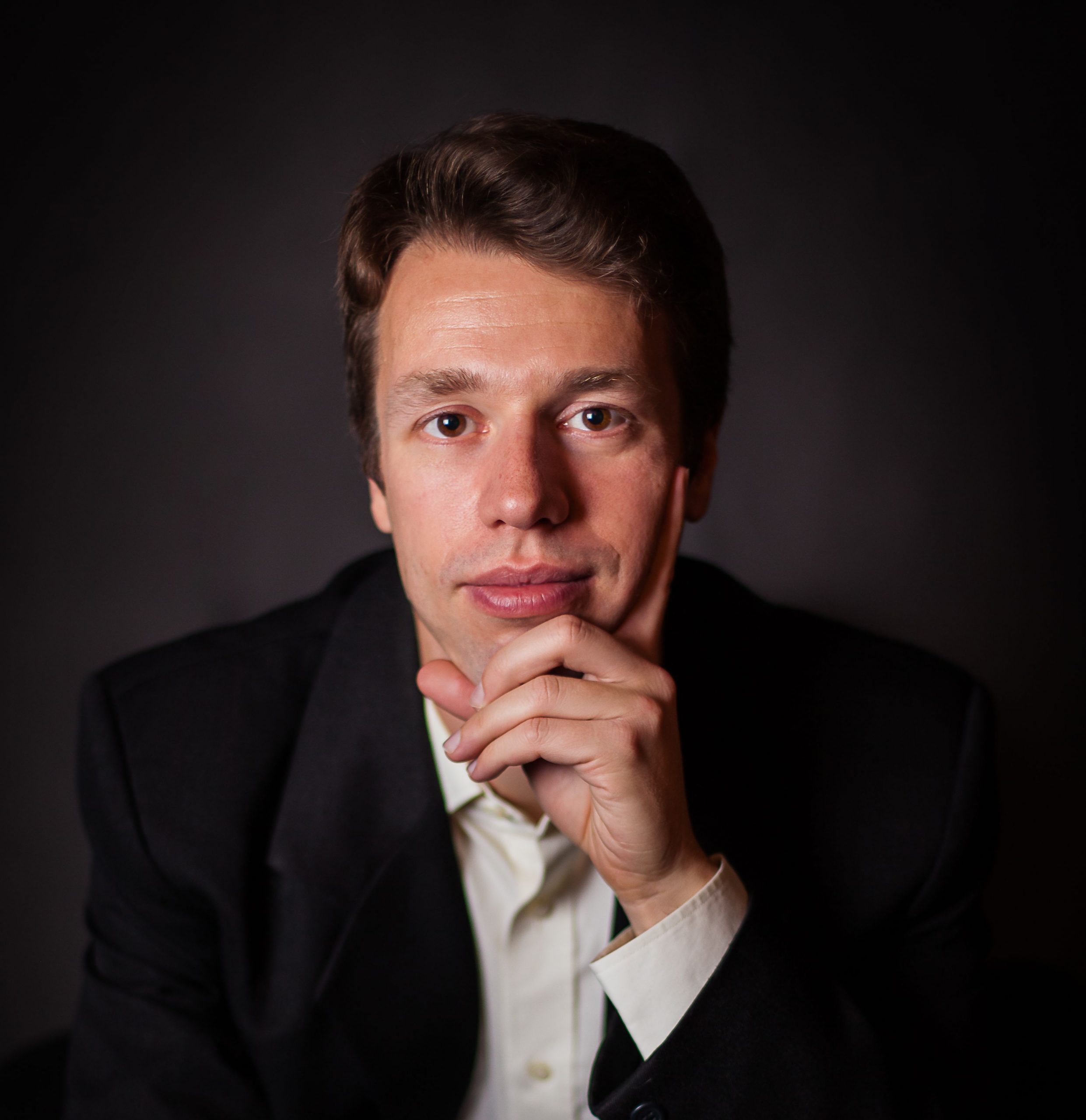
Balazs Hangya
Programme Committee member, HungaryAs the Head of the Lendület Laboratory of Systems Neuroscience in the Institute of Experimental Medicine, Budapest, Hungary, Balázs Hangya’s lab is interested in the neural basis of cognitive functions both in the normal and diseased brain. He was trained as a medical doctor as well as a mathematician. After his PhD, Hangya joined the Kepecs lab at Cold Spring Harbor Laboratory.
Balazs Hangya
Programme Committee member, Hungary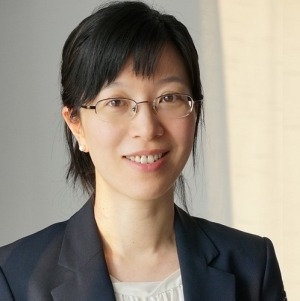
Hailan Hu
Programme Committee member, ChinaHailan Hu is Professor at the School of Medicine at Zhejiang University, China. Her laboratory seeks to understand how emotional and social behaviors are encoded and regulated in the brain, with a main focus on the neural circuitry underlying depression and social dominance. Her work has led to the identification of several molecular targets (including T-type calcium channels, Kir4.1 channel and bCaMKII) for developing new antidepressant drugs.
Hailan Hu
Programme Committee member, China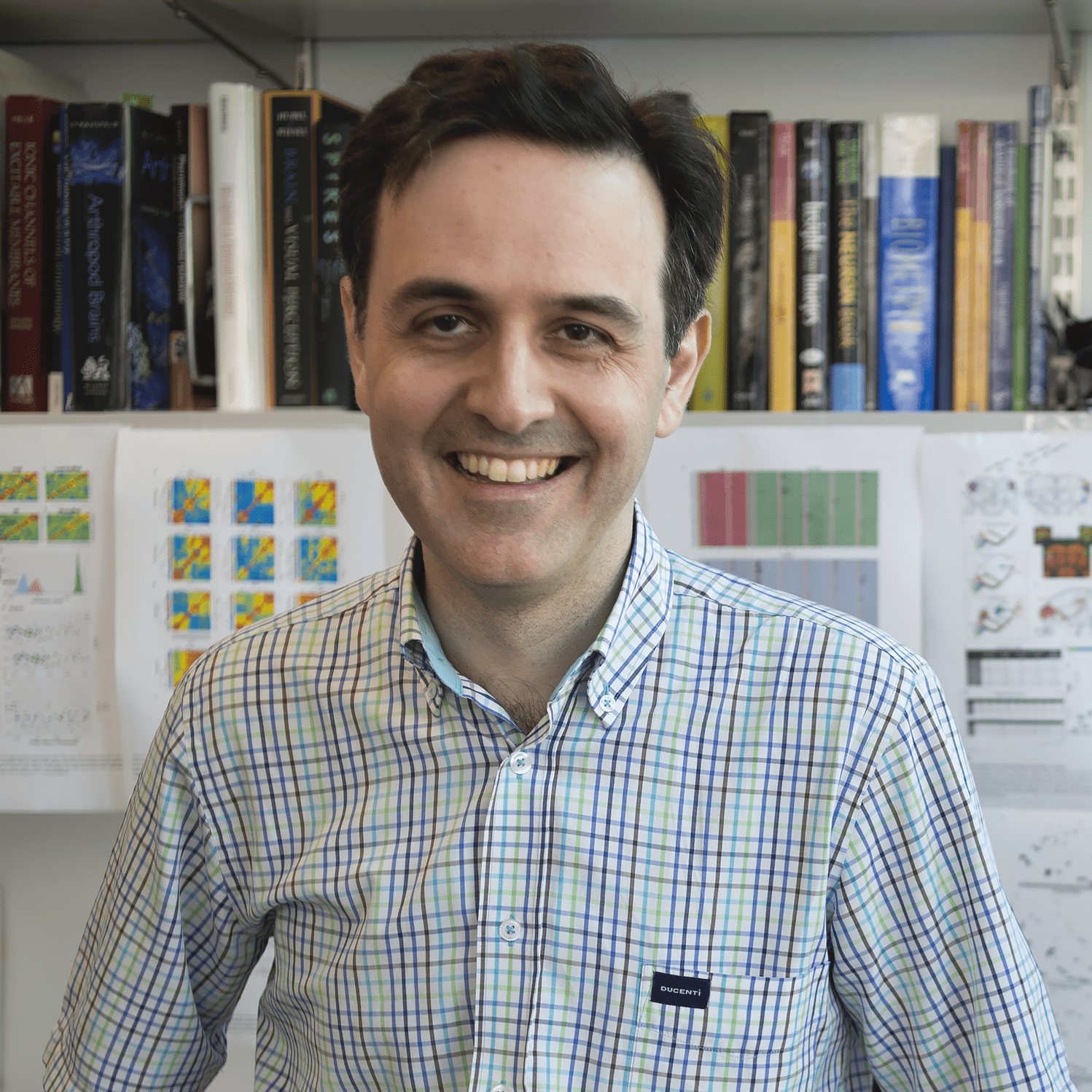
Gregory Jefferis
Programme Committee member, United KingdomGreg Jefferis is an MRC Investigator at the Medical Research Council Laboratory of Molecular Biology (LMB), Cambridge, United Kingdom. Their research focuses on the neural circuit basis of behaviour using the Drosophila olfactory system as its main model. Recent work has combined electron microscopy whole brain connectomics with in vivo physiology and behaviour to understand the interaction between learned and innate behaviour.
Gregory Jefferis
Programme Committee member, United Kingdom
Katja Kanninen
Programme Committee member, FinlandKatja Kanninen heads the Neurobiology of Disease research group at the A.I. Virtanen Institute for Molecular Sciences, University of Eastern Finland, Finland. Her group is interested to understand how environmental exposures affect brain health, the role of glial cells in neurodegeneration, and in biomarker discovery. She develops human-based in vitro models for neurodegeneration and tests potential therapeutics using in vivo models.
Katja Kanninen
Programme Committee member, Finland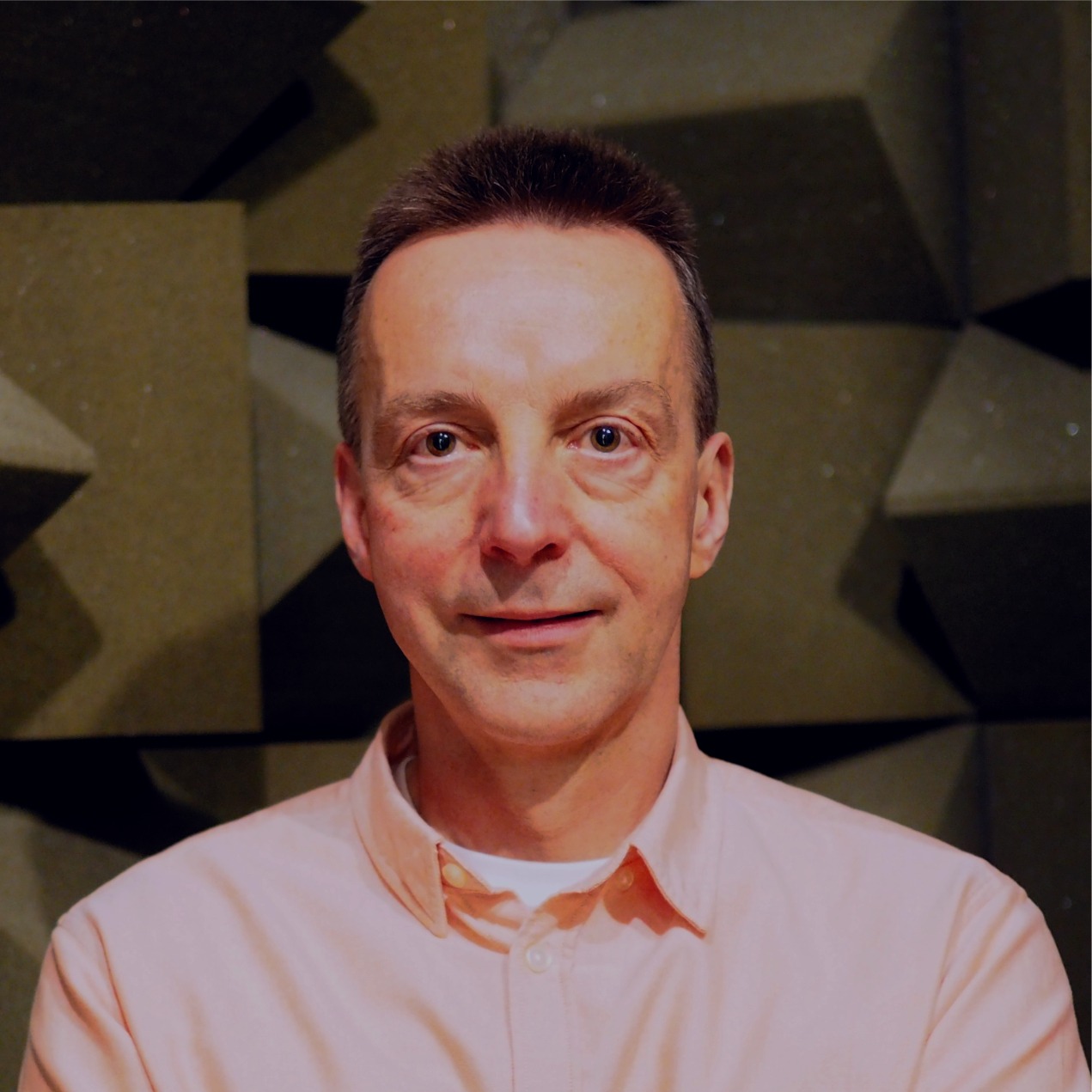
Andrew King
Programme Committee member, United KingdomAndrew King is a Wellcome Principal Research Fellow, Professor of Neurophysiology and Director of the Centre for Integrative Neuroscience in the Department of Physiology, Anatomy and Genetics at the University of Oxford. He studies how the brain adapts to the rapidly changing statistics that characterize real-life soundscapes, integrates other sensory and motor-related signals, and learns to compensate for altered auditory inputs resulting from hearing impairments.
Andrew King
Programme Committee member, United Kingdom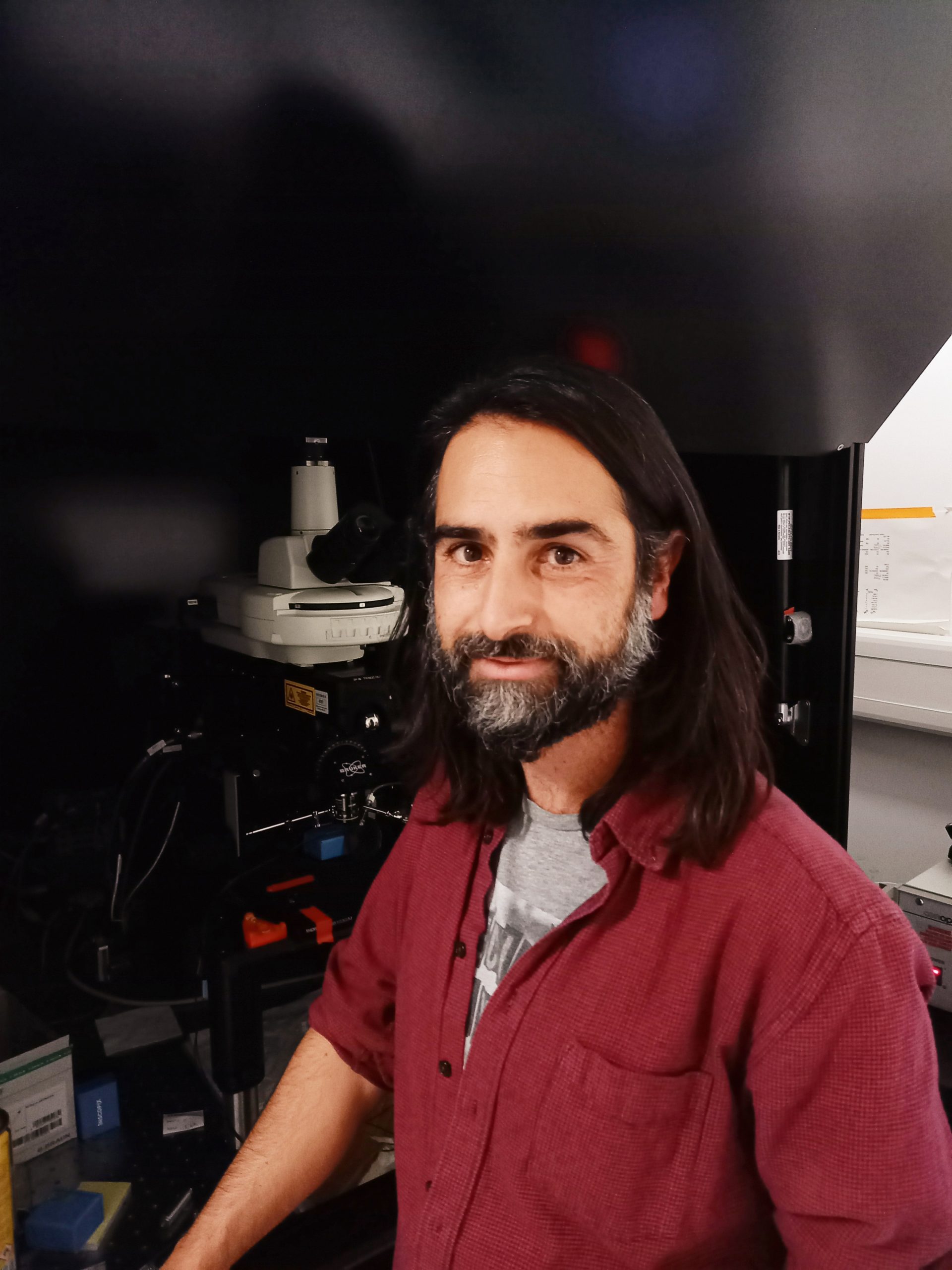
Manuel Mameli
Programme Committee member, SwitzerlandManuel Mameli is Associate Professor at the Department of Fundamental Neuroscience at the University of Lausanne, Switzerland. His research wants to understand the circuit-specific synaptic and cellular modifications guiding motivated behaviours. Using a combination of approaches, he aims to dissect brain function in physiological and pathological states such as addiction and depression using rodents as a model.
Manuel is a Member of the Fens-Kavli Network of Excellence.
Manuel Mameli
Programme Committee member, Switzerland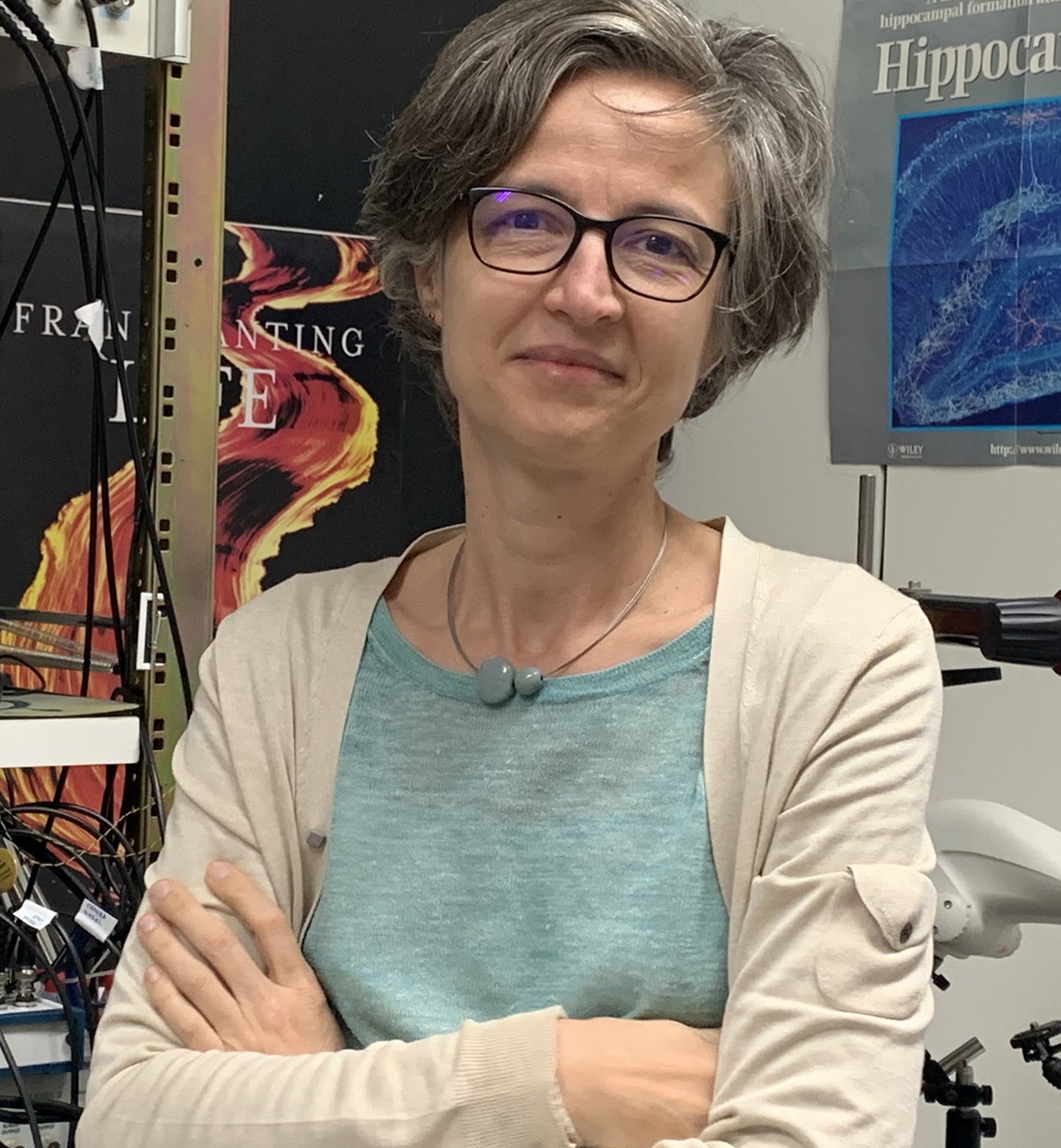
Liset Menendez de la Prida
Programme Committee member, SpainLiset M de la Prida is a Lab Director at the Instituto Cajal in Madrid, Spain. The main goal of her lab is to understand the function of hippocampal and para-hippocampal circuits. She is a leading international expert in the study of the basic mechanisms of physiological ripples and epileptic fast ripples, with strong visibility as developer of novel groundbreaking electrophysiological tools.
Liset Menendez de la Prida
Programme Committee member, Spain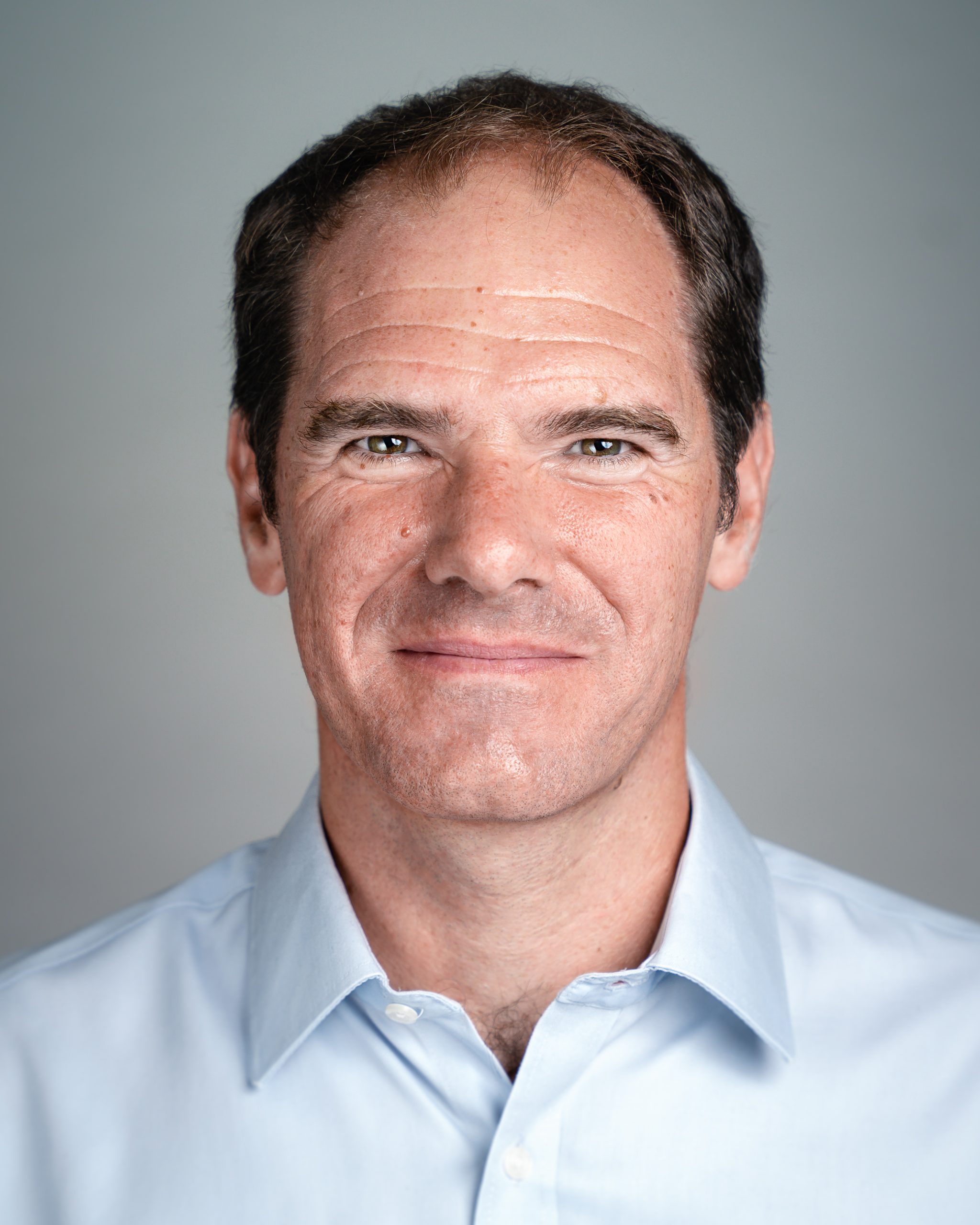
Jonathan Roiser
Programme Committee member, United KingdomJonathan Roiser is Professor of Neuroscience and Mental Health and Deputy Director of the UCL Institute of Cognitive Neuroscience. His research aims to understand the neural and cognitive basis of mental health problems, especially disrupted motivation in depression. He founded and directs two PhD scheme and is on the Board of Reviewing Editors at eLife.
Jonathan Roiser
Programme Committee member, United Kingdom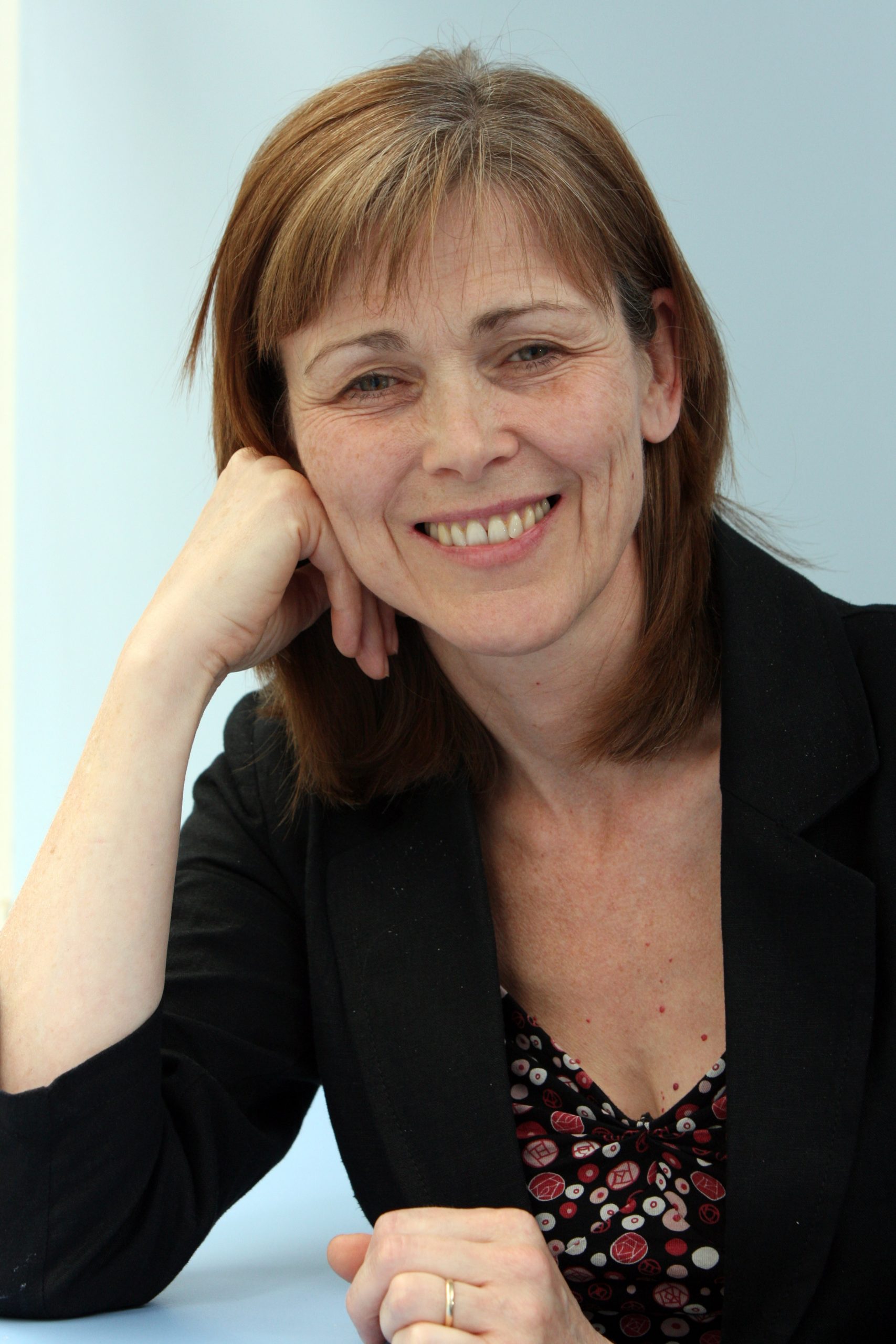
Anne Rosser
Programme Committe member, United KingdomProfessor Anne Rosser is a Neuroscientist at Cardiff University, United Kingdom and Honorary Consultant Neurologist with a special interest in neurodegeneration in particular Huntington’s Disease. She is current Chair of the European Huntington’s Disease Network and directs the Cardiff University Brain Repair Group, where the key focus is on repair and regeneration in neurodegenerative conditions such as Huntington’s and Parkinson’s diseases.
Anne Rosser
Programme Committe member, United Kingdom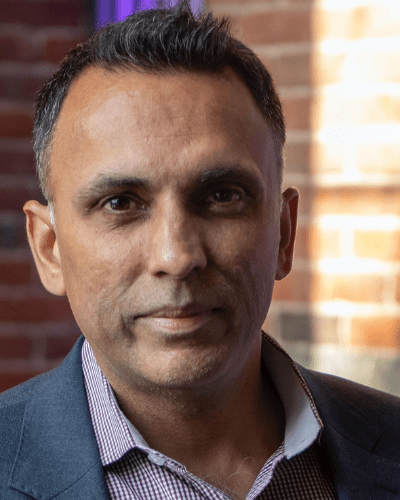
Amar Sahay
Programme Committee member, United StatesAmar Sahay is Associate Professor of Psychiatry at Harvard Medical School, and Director of the laboratory on Brain Plasticity and function at Massachusetts General Hospital. He is principal faculty of the Harvard Stem Cell Institute of Harvard University and an Associate member of the BROAD Institute. The mission of the Sahay Lab is to generate insights into strategies to improve memory in aging, Alzheimer’s disease, and psychiatric disorders through basic neuroscience.
Amar Sahay
Programme Committee member, United States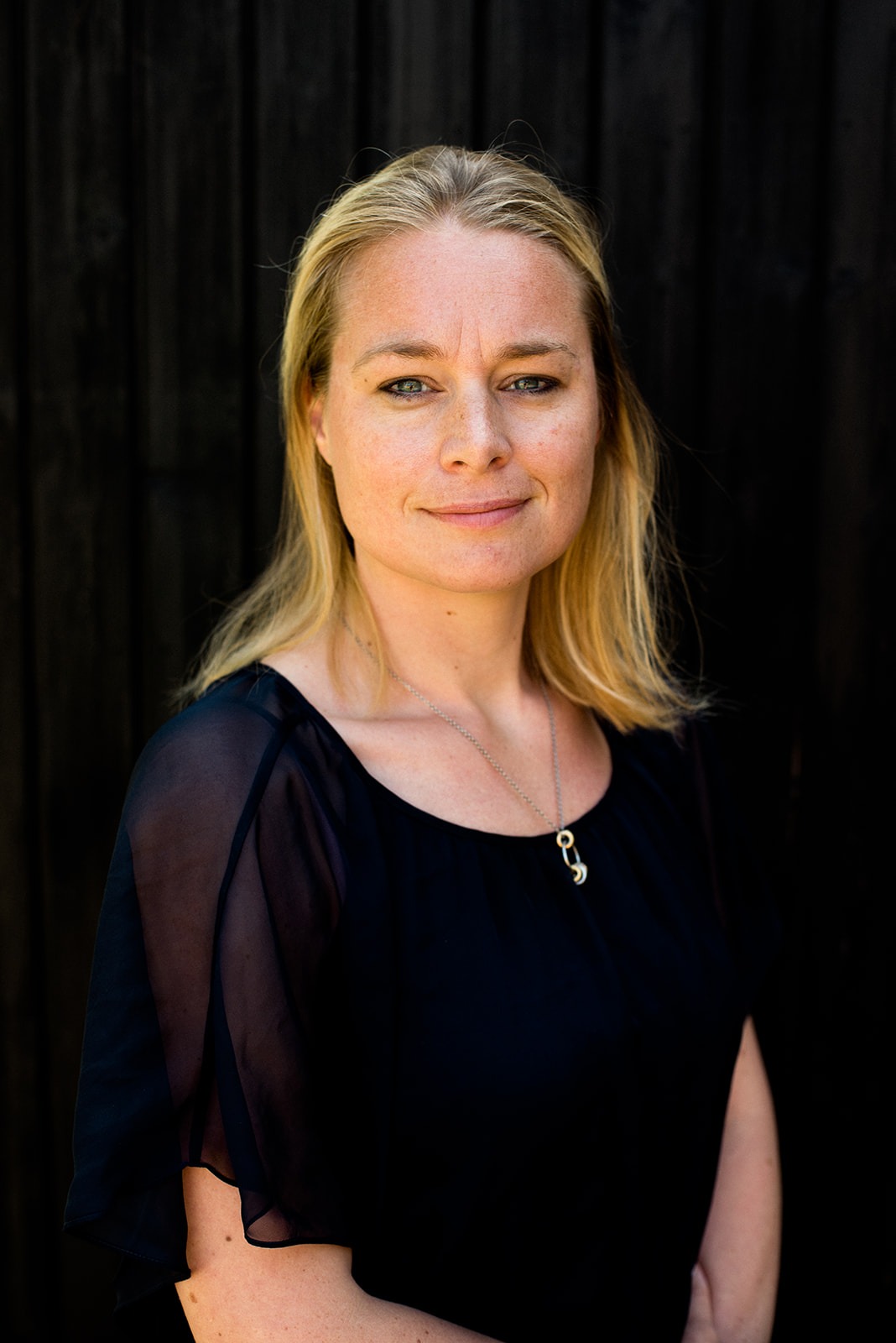
Anne-Laura van Harmelen
Programme Committee member, NetherlandsAnne-Laura van Harmelen is Professor of Brain, Safety and Resilience at the Institute of Education and Child Studies at Leiden University, Netherlands. She leads the Centre for the Integration of Resilience Complexity Leiden. This centre focusses on examining the neurobiological mechanisms of risk and resilience in young people with a history of childhood adversity. She also co-leads the Social Risk and Resilience programme.
Anne-Laura van Harmelen
Programme Committee member, Netherlands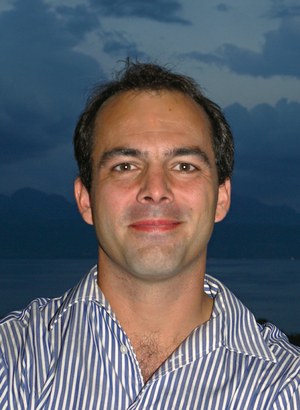
Tim Vogels
Programme Committee member, AustriaProfessor Tim Vogels is a computational neuroscientist working at the Institute of Science and Technology Austria. He is looking to build models of neurons and neuronal networks that distill and re-articulate the current knowledge of how nervous systems compute at a mechanistic level. Member of the Fens-Kavli Network of Excellence and serves as Director and Founding Member of the Computational Neuroscience Imbizo and Worldwideneuro.com.